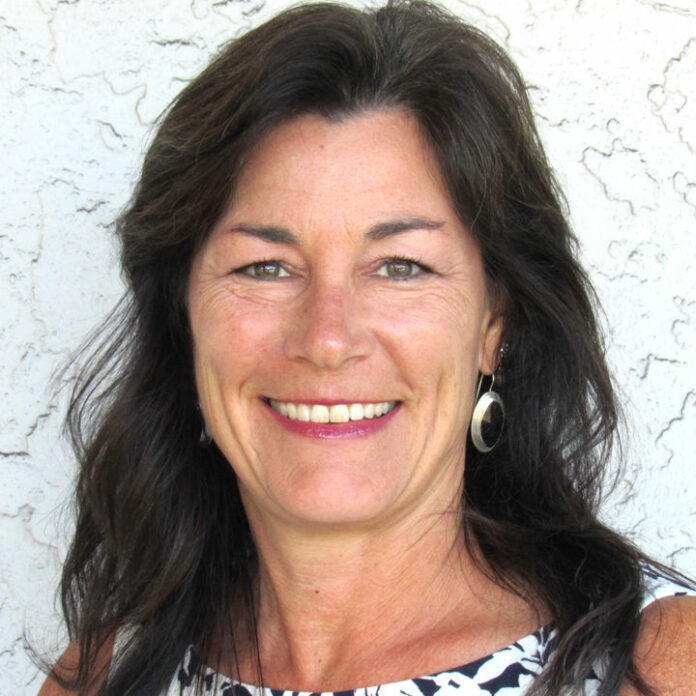The new budget year for the Scotts Valley Unified School District began July 1, with the district continuing to dip into reserves to make ends meet.
The beginning balance a year ago was $5.22 million. This year, the beginning balance was $3.36 million. The projected year-end balance on June 30, 2018 is $2.3 million.
“Overall, we have the lowest state funding in the county,” said Scotts Valley Superintendent Tanya Krause.
That continuing scenario has district officials looking at the possibility of a new parcel tax in 2018. A $48 three-year tax was approved by voters in 2011.
Overall state aid to the district’s General Fund will drop more than $400,000 in 2017-18, to $21.03 million. State funds comprise more than 92 percent of the district’s General Fund.
The affluence of Scotts Valley accounts for the lower levels of state aid, Krause said. That means the community pitches in to make up the difference.
Music programs are funded by the Kiwanis Club. Parent Teacher Organizations and the Scotts Valley Education Foundation, which also pays the salaries of all four school librarians, and arts programs are funded by parent groups. This year, for the first time, the district is providing money to share the costs of coaches’ stipends funded by the Falcon Club.
But state and federal mandates don’t provide enough money to cover costs. Last year, the district had to come up with $3.57 million to make up the difference between required spending for special education and state, federal, and local aid. This year, the anticipated special education shortfall is $3.77 million.
“Based on conversations I have had, there seems to be strong support for a parcel tax from the board, staff, supporting agencies, the City Council, local clubs, the Chamber of Commerce, and our school-connected community,” said Michael Shulman, president of the Scotts Valley Board of Trustees.
He said the district would be “measured and methodical” in its study of a new tax.
“There’s no shortage of drive or commitment to do what is needed to help our district help our community,” he said.
He also cited some potential challenges. “We’re going to need a two-thirds affirmative vote in a district with 12,000 registered voters”
“There may be other competing tax measures on the ballot,” he said. “Economic and political conditions a year out are quite uncertain.”
“If we are to target a June 2018 election, the campaign should be ramping up towards the end of this year,” said Shulman. “Starting too far in advance gives less visibility into the issues facing voters at decision time.”
Derek Timm, in his fifth year as president of the Scotts Valley Education Foundation, has volunteered to lead the campaign for a parcel tax, if the board chooses to go that route.
“It is frustrating, that the state doesn’t have the budget to fund the schools, and leaves it to communities.”
“We see the value in education here. We see in in the success of our youth,” said Timm. ”Our community is held together by the success of our schools.”
Scott Valley Vice Mayor Jim Reed also has agreed to co-chair a parcel tax campaign for the district.
“I was fortunate to be part of a wonderfully dedicated team of volunteers that passed Scotts Valley’s parcel tax in 2012,” he said. “I have great confidence in Supt. Krause and this school board, and if they say it’s time to roll up our sleeves again in order to attract and retain our great teachers, then I’m ready to go.”
“Our entire community has an incalculable interest in keeping our schools strong, and experience has shown that we can’t count on Sacramento to do this for us,” he said. “We have to solve this problem ourselves.”












